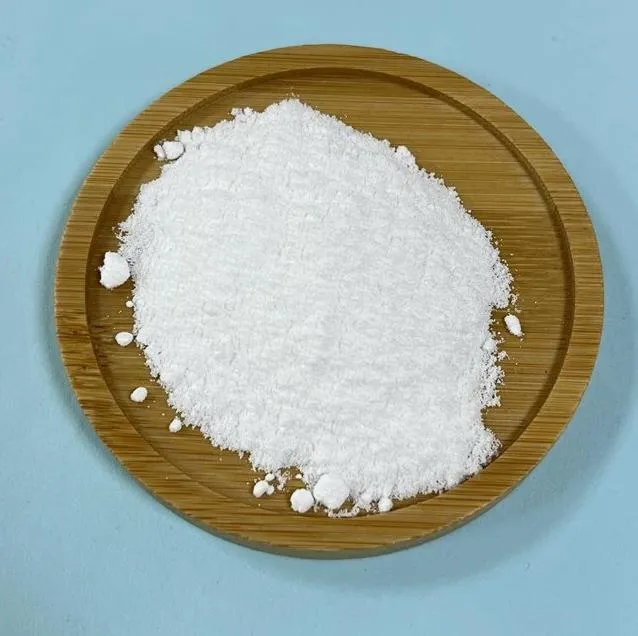Warning: Undefined array key "title" in /home/www/wwwroot/HTML/www.exportstart.com/wp-content/themes/1198/header.php on line 6
Warning: Undefined array key "file" in /home/www/wwwroot/HTML/www.exportstart.com/wp-content/themes/1198/header.php on line 7
Warning: Undefined array key "title" in /home/www/wwwroot/HTML/www.exportstart.com/wp-content/themes/1198/header.php on line 7
Warning: Undefined array key "title" in /home/www/wwwroot/HTML/www.exportstart.com/wp-content/themes/1198/header.php on line 7
- Afrikaans
- Albanian
- Amharic
- Arabic
- Armenian
- Azerbaijani
- Basque
- Belarusian
- Bengali
- Bosnian
- Bulgarian
- Catalan
- Cebuano
- China
- China (Taiwan)
- Corsican
- Croatian
- Czech
- Danish
- Dutch
- English
- Esperanto
- Estonian
- Finnish
- French
- Frisian
- Galician
- Georgian
- German
- Greek
- Gujarati
- Haitian Creole
- hausa
- hawaiian
- Hebrew
- Hindi
- Miao
- Hungarian
- Icelandic
- igbo
- Indonesian
- irish
- Italian
- Japanese
- Javanese
- Kannada
- kazakh
- Khmer
- Rwandese
- Korean
- Kurdish
- Kyrgyz
- Lao
- Latin
- Latvian
- Lithuanian
- Luxembourgish
- Macedonian
- Malgashi
- Malay
- Malayalam
- Maltese
- Maori
- Marathi
- Mongolian
- Myanmar
- Nepali
- Norwegian
- Norwegian
- Occitan
- Pashto
- Persian
- Polish
- Portuguese
- Punjabi
- Romanian
- Russian
- Samoan
- Scottish Gaelic
- Serbian
- Sesotho
- Shona
- Sindhi
- Sinhala
- Slovak
- Slovenian
- Somali
- Spanish
- Sundanese
- Swahili
- Swedish
- Tagalog
- Tajik
- Tamil
- Tatar
- Telugu
- Thai
- Turkish
- Turkmen
- Ukrainian
- Urdu
- Uighur
- Uzbek
- Vietnamese
- Welsh
- Bantu
- Yiddish
- Yoruba
- Zulu
តុលា . 18, 2024 09:33 Back to list
Propylene Glycol-Based Antifreeze Solutions for Efficient Heating System Performance
Propylene Glycol Antifreeze for Heating Systems
Heating systems are critical for maintaining comfortable indoor environments, especially in regions with severe winters. One of the key components that ensure these systems operate effectively is antifreeze, and propylene glycol has emerged as a preferred choice for many applications. This article explores the properties, benefits, and considerations of using propylene glycol antifreeze in heating systems.
What is Propylene Glycol?
Propylene glycol is a synthetic organic compound derived from petroleum or natural gas. Commonly known as a food-grade product, it has a wide range of applications, from food and beverage to cosmetic and pharmaceutical industries. Due to its non-toxic nature, propylene glycol is particularly favored for use in heating systems, especially in residential and commercial buildings where safety is paramount.
Why Use Propylene Glycol in Heating Systems?
1. Non-Toxicity and Safety One of the most significant advantages of propylene glycol is its non-toxic classification. Unlike ethylene glycol, which is commonly used in antifreeze formulations but is toxic to humans and pets, propylene glycol poses little risk in case of accidental leaks. This makes it a safer choice for heating systems in environments where children or animals are present.
2. Effective Freezing Protection Propylene glycol provides excellent protection against freezing. By lowering the freezing point of the fluid in heating systems, it ensures that pipes remain unfrozen even in extremely cold conditions. This attribute is particularly vital in preventing costly repairs due to burst pipes.
3. Corrosion Inhibition Heating systems can be susceptible to corrosion, which can compromise their efficiency and lifespan. Propylene glycol formulations often include corrosion inhibitors that protect metal components, ensuring the longevity of the heating system. The reduced risk of corrosion also means lower maintenance costs over time.
propylene glycol antifreeze for heating systems

4. Thermal Stability Propylene glycol has a high boiling point and remains stable over a wide range of temperatures, making it a reliable choice for diverse heating systems. Its thermal stability ensures that the fluid maintains its properties and performance even under varying operating conditions.
5. Compatibility Another significant benefit of propylene glycol is its compatibility with a variety of materials commonly used in heating systems, such as metals, rubber, and plastics. This compatibility eliminates concerns about adverse reactions that can lead to system failure or leaks.
Considerations When Using Propylene Glycol
While propylene glycol offers numerous advantages, there are also considerations to keep in mind. The concentration of propylene glycol in the heating system must be carefully managed to achieve optimal freeze protection without compromising efficiency. Typically, a mixture of 30% to 60% propylene glycol with water is recommended for most applications.
Additionally, users should be aware that propylene glycol has a lower thermal conductivity compared to water. This may slightly affect the overall heat transfer efficiency within the system. Therefore, it is crucial to balance the antifreeze concentration with the system's performance requirements.
Conclusion
In conclusion, propylene glycol antifreeze serves as an excellent choice for heating systems, combining safety, effective freezing protection, corrosion resistance, thermal stability, and material compatibility. While there are considerations regarding its concentration and heat transfer properties, the benefits often outweigh the drawbacks. For homeowners and facility managers looking to ensure reliable heating during the cold months, propylene glycol antifreeze is a worthy investment. As technology and formulations continue to improve, its adoption in heating applications is likely to grow, providing safe and efficient solutions for comfortable living and working environments.
Latest news
-
Certifications for Vegetarian and Xanthan Gum Vegetarian
NewsJun.17,2025
-
Sustainability Trends Reshaping the SLES N70 Market
NewsJun.17,2025
-
Propylene Glycol Use in Vaccines: Balancing Function and Perception
NewsJun.17,2025
-
Petroleum Jelly in Skincare: Balancing Benefits and Backlash
NewsJun.17,2025
-
Energy Price Volatility and Ripple Effect on Caprolactam Markets
NewsJun.17,2025
-
Spectroscopic Techniques for Adipic Acid Molecular Weight
NewsJun.17,2025

